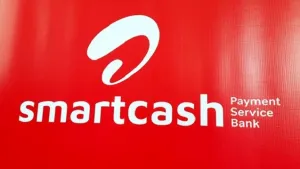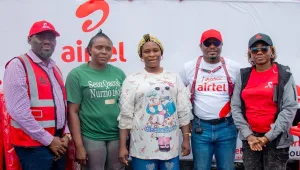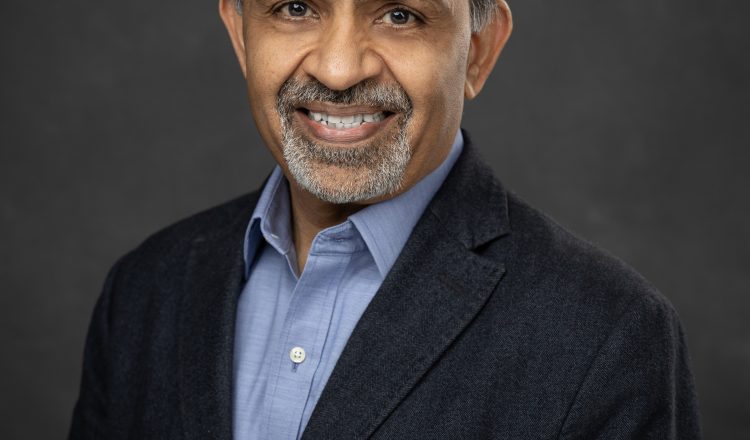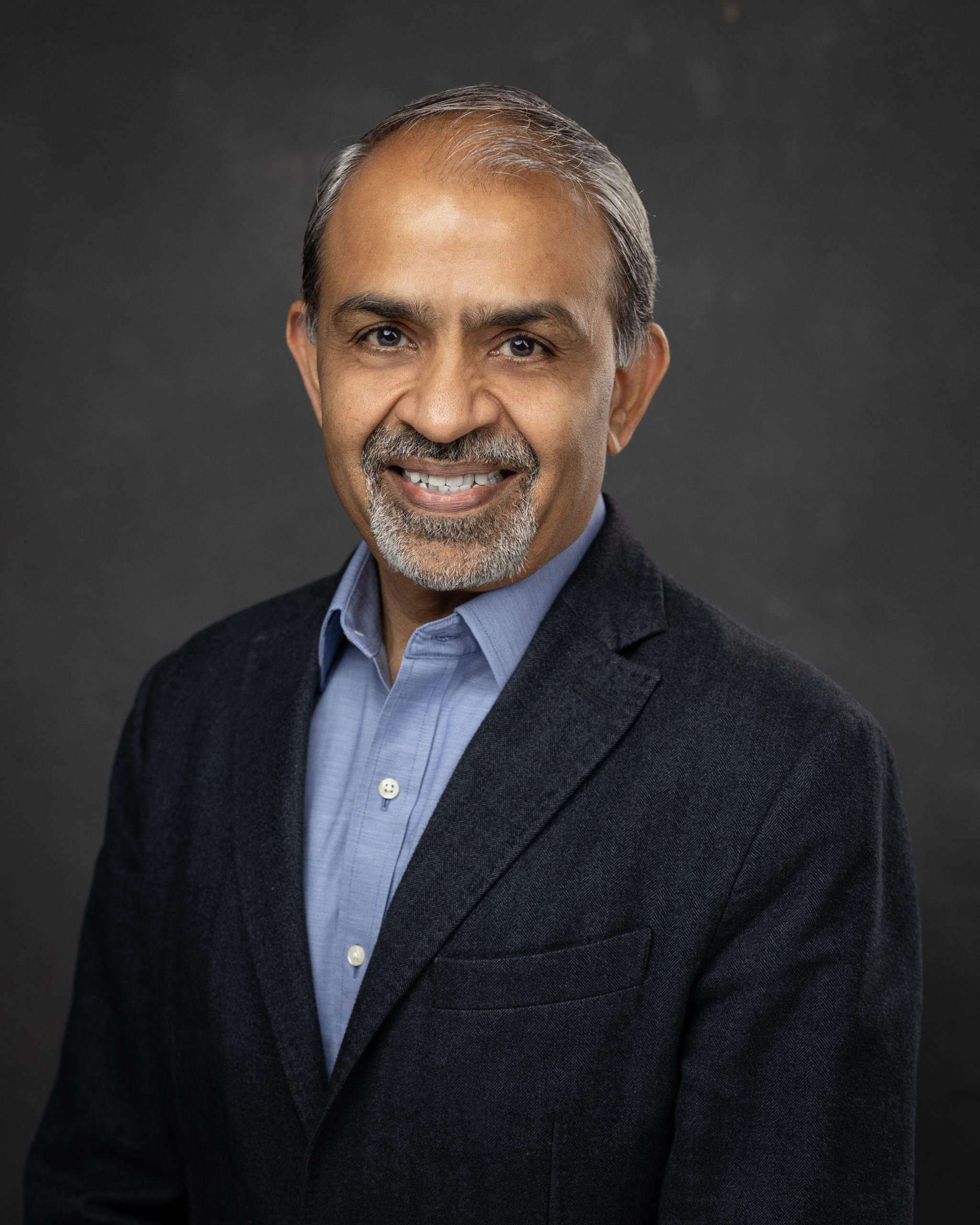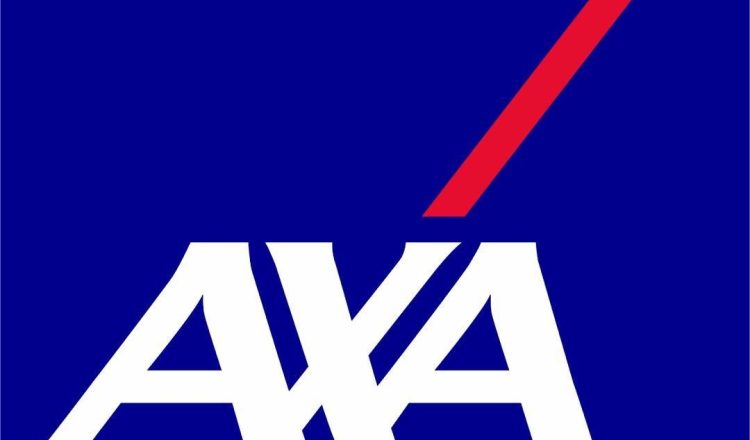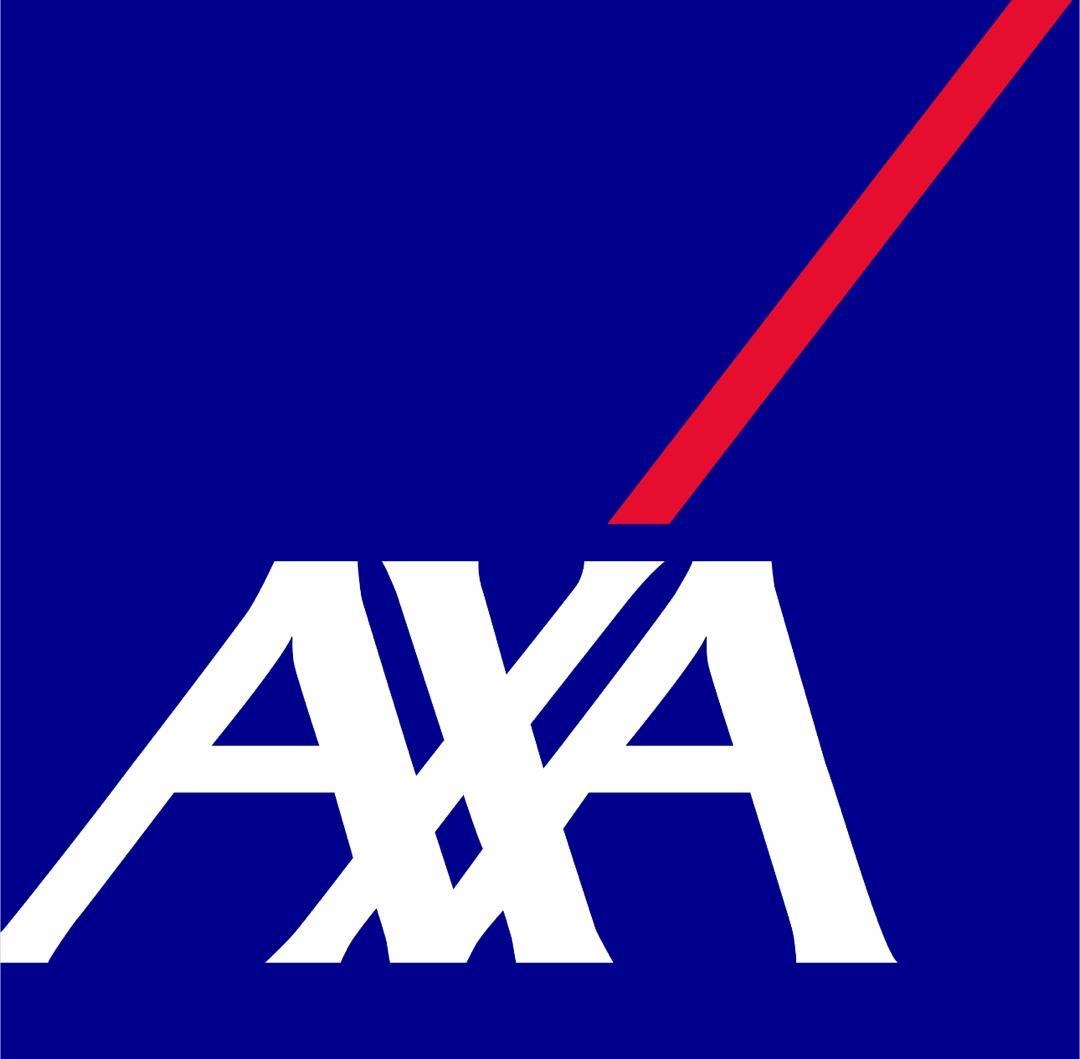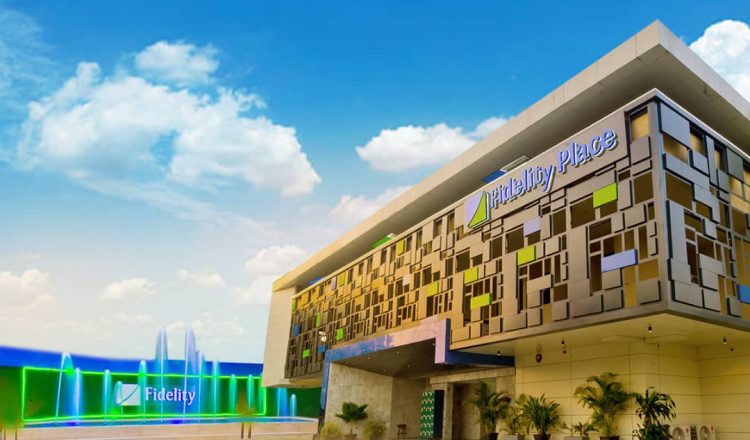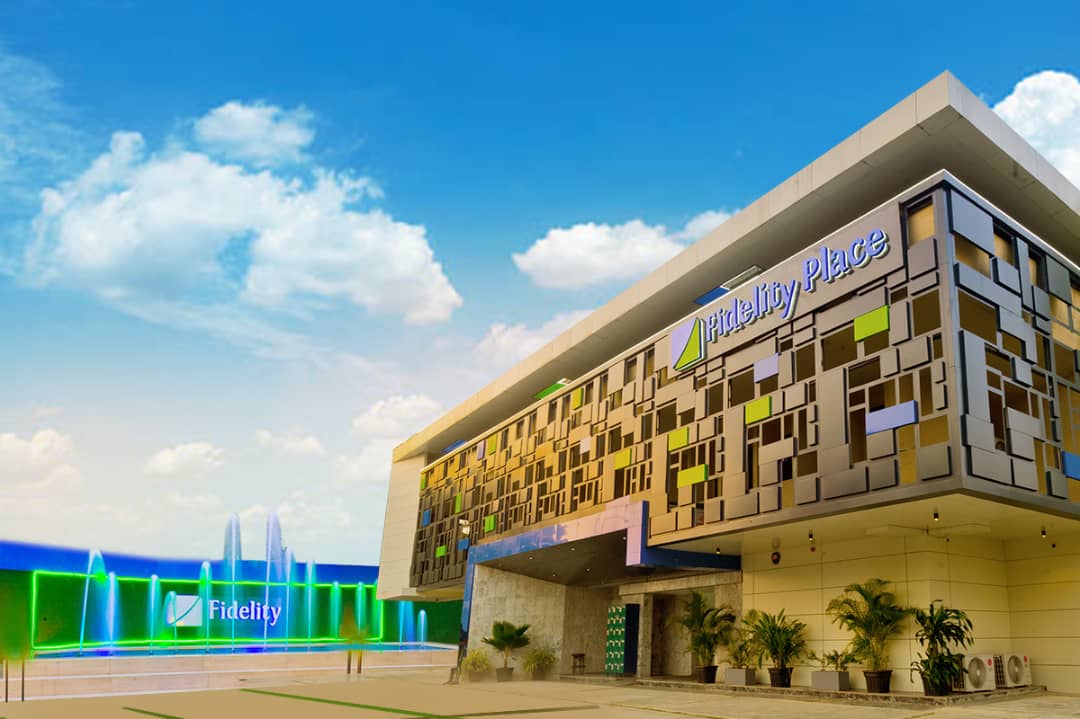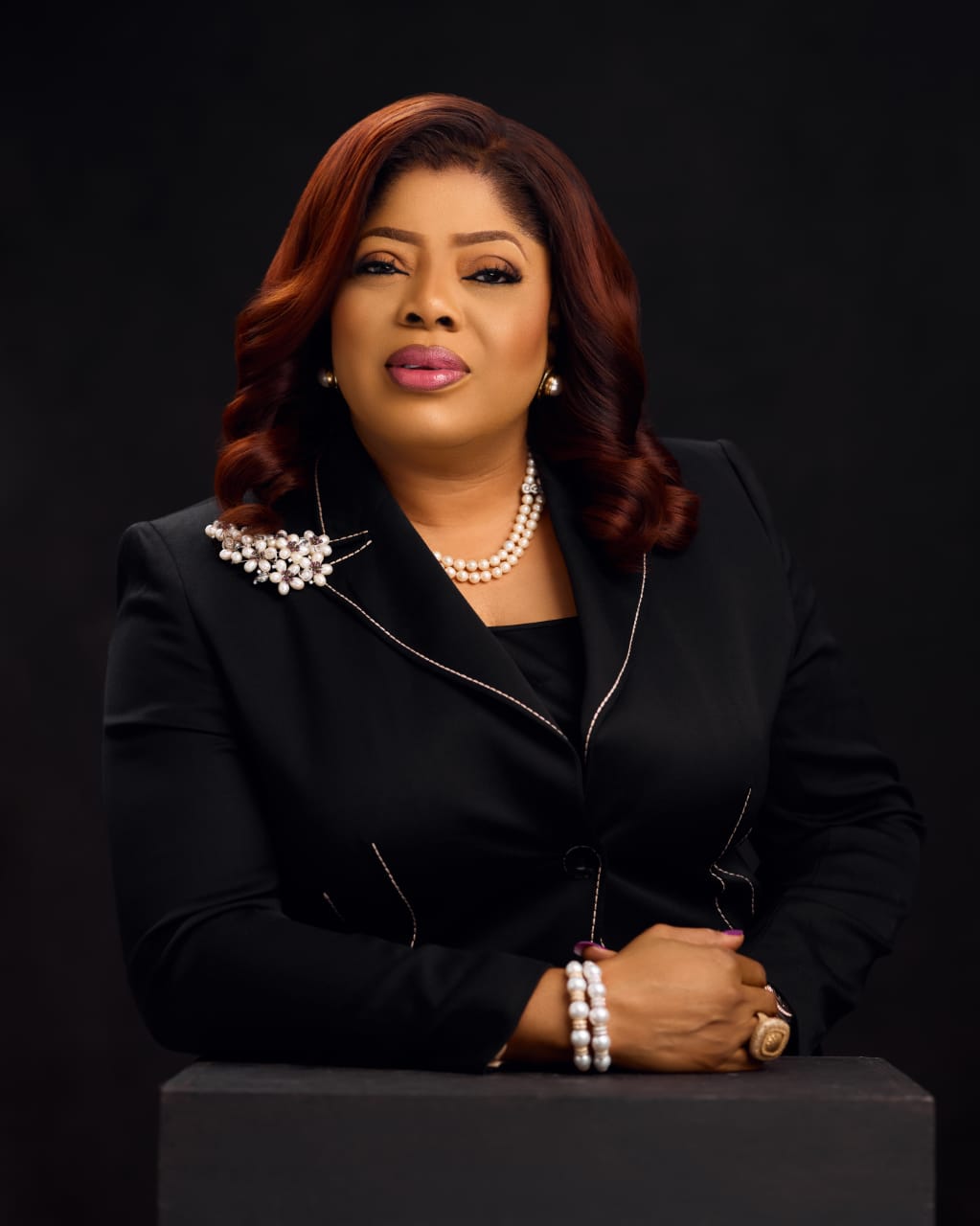Oando PLC, Africa’s leading integrated energy company listed on both the Nigerian Exchange Group (NGX) and Johannesburg Stock Exchange (JSE), posted robust Audited Full Year (FY) 2024 financial results with a 44% increase in revenue to N4.1trillion compared to N2.9 trillion in FY 2023.
In the upstream, Oando’s production witnessed a 3% increase to 23,727 boepd; made up of crude oil production which increased by 27% to 7,558 bopd, while NGL production and gas decreased respectively by 35% to 156 bpd, and 5% to 16,013 boepd. The company’s 2P reserves grew 95% year-on-year to 983 MMboe (2023: 505 MMboe), representing a 188% reserves replacement ratio and underscoring the strength of the company’s upstream portfolio post-acquisition. The company also reported a sustained operational uptime of 86%, supporting off-take reliability and reducing deferred production.
Similarly, other indigenous players have also reported significant revenue growth following the recent wave of International Oil Company divestments. Seplat recorded a revenue of ₦1.65 trillion, representing a 137% increase from 2023, while Aradel posted ₦581.2 billion in revenue, a 162% increase compared to the previous year.
Speaking on the company’s upstream performance, Group Chief Executive, Oando PLC, Wale Tinubu said, “2024 was a defining year for Oando, with the successful acquisition and integration of NAOC marking the culmination of a decade-long strategic growth journey which has significantly deepened our upstream portfolio, resulting in our assumption of operatorship of the OML 60–63 series and the doubling of our working interest in the assets from 20% to 40%, as well as our 2P reserves from 500 million barrels of oil equivalent to 1 billion barrels.”
In the downstream, Oando’s trading subsidiary reported that it sold 20.7 million barrels of crude oil in 2024; a 37% decline from 2023 due to structural changes in the Nigerian oil market. Additionally, refined product volumes declined by 64% to just over 599 kMT, due to weakened domestic demand, driven by the challenging macroeconomic in-country.
Projections for global oil prices and demand in 2025 remain uncertain due to persistent macroeconomic and trade policy uncertainties. JP Morgan pegs Brent to peak at $66/bbl in 2025 and $58/bbl in 2026 while the U.S. Energy Information Administration’s (EIA) predictions project Brent crude oil prices to fall from an average of $81 per barrel (b) in 2024 to $74/b in 2025 and $66/b in 2026 citing an increase in global production coupled with slower global demand growth.
Within its renewable energy business, the company continued to advance its clean energy agenda recording measurable progress across multiple verticals. By the end of 2024 the electric mass transit programme had covered 121,145 km, transported over 205,000 passengers, displacing 163,546 kg of CO₂ emissions and saving more than 60,000 litres of diesel.
Other notable achievements include signing MoUs for wind projects with Cross River and Edo State as well as launching a geothermal feasibility study in collaboration with NNPC, exploring the conversion of mature wells to renewable power assets.
As the company continues to integrate its expanded portfolio following its most recent strategic acquisition, current projections show it’s gone into 2025 with strong momentum and clear ambition. Tinubu remarked ‘Looking ahead, 2025 will be our year of execution. Our key priorities shall include unlocking synergies from the acquisition, addressing above-ground security risks through the implementation of a revamped security framework aimed at curbing the persistent theft of oil, cost optimization, balance sheet restructuring, enhancing operational efficiency, and leveraging technology to improve productivity across our operations. In our bid to ramp up production towards achieving our target of 100,000 bopd and 1.5 tcf of gas by 2029, we shall pursue a dual-track approach of rig-less interventions and well workovers, complemented by an aggressive drilling program. We are excited by the opportunities that lie ahead and remain committed to delivering enhanced shareholder returns, shared prosperity and maintaining our position as a leading player in Africa’s evolving energy landscape.’
The published audited FY 2024 results also include approximately four months of contribution from Nigerian Agip Oil Company (NAOC), following the completion of the acquisition on August 22, 2024. Following this, the company has set a production guidance of 30,000–40,000 barrels of oil equivalent per day (boepd) in its 2025 outlook. This aligns with its post-acquisition optimisation plans to maximise portfolio value and supports its four-year target of reaching 100,000 barrels per day.
It is evident that local players, particularly those that have become operators following the recent IOC divestments, are increasingly well-positioned to drive the future of the Nigerian energy sector. These indigenous companies possess unique insights and contextual experience that enable them to more effectively manage onshore and shallow water assets. This shift is expected to generate a ripple effect across the economy by increasing local employment, enhancing capacity development, and improving government revenue through taxes retained within the country, revenue that was previously repatriated to the home countries of the International Oil Companies (IOCs).
Oando Profit-After-Tax up 267% to N220 billion in FY2024 Audited Results
Oando PLC, Africa’s leading integrated energy company listed on both the Nigerian Exchange Group (NGX) and Johannesburg Stock Exchange (JSE), posted robust Audited Full Year (FY) 2024 financial results with a 44% increase in revenue to N4.1trillion compared to N2.9 trillion in FY 2023.
In the upstream, Oando’s production witnessed a 3% increase to 23,727 boepd; made up of crude oil production which increased by 27% to 7,558 bopd, while NGL production and gas decreased respectively by 35% to 156 bpd, and 5% to 16,013 boepd. The company’s 2P reserves grew 95% year-on-year to 983 MMboe (2023: 505 MMboe), representing a 188% reserves replacement ratio and underscoring the strength of the company’s upstream portfolio post-acquisition. The company also reported a sustained operational uptime of 86%, supporting off-take reliability and reducing deferred production.
Similarly, other indigenous players have also reported significant revenue growth following the recent wave of International Oil Company divestments. Seplat recorded a revenue of ₦1.65 trillion, representing a 137% increase from 2023, while Aradel posted ₦581.2 billion in revenue, a 162% increase compared to the previous year.
Speaking on the company’s upstream performance, Group Chief Executive, Oando PLC, Wale Tinubu said, “2024 was a defining year for Oando, with the successful acquisition and integration of NAOC marking the culmination of a decade-long strategic growth journey which has significantly deepened our upstream portfolio, resulting in our assumption of operatorship of the OML 60–63 series and the doubling of our working interest in the assets from 20% to 40%, as well as our 2P reserves from 500 million barrels of oil equivalent to 1 billion barrels.”
In the downstream, Oando’s trading subsidiary reported that it sold 20.7 million barrels of crude oil in 2024; a 37% decline from 2023 due to structural changes in the Nigerian oil market. Additionally, refined product volumes declined by 64% to just over 599 kMT, due to weakened domestic demand, driven by the challenging macroeconomic in-country.
Projections for global oil prices and demand in 2025 remain uncertain due to persistent macroeconomic and trade policy uncertainties. JP Morgan pegs Brent to peak at $66/bbl in 2025 and $58/bbl in 2026 while the U.S. Energy Information Administration’s (EIA) predictions project Brent crude oil prices to fall from an average of $81 per barrel (b) in 2024 to $74/b in 2025 and $66/b in 2026 citing an increase in global production coupled with slower global demand growth.
Within its renewable energy business, the company continued to advance its clean energy agenda recording measurable progress across multiple verticals. By the end of 2024 the electric mass transit programme had covered 121,145 km, transported over 205,000 passengers, displacing 163,546 kg of CO₂ emissions and saving more than 60,000 litres of diesel.
Other notable achievements include signing MoUs for wind projects with Cross River and Edo State as well as launching a geothermal feasibility study in collaboration with NNPC, exploring the conversion of mature wells to renewable power assets.
As the company continues to integrate its expanded portfolio following its most recent strategic acquisition, current projections show it’s gone into 2025 with strong momentum and clear ambition. Tinubu remarked ‘Looking ahead, 2025 will be our year of execution. Our key priorities shall include unlocking synergies from the acquisition, addressing above-ground security risks through the implementation of a revamped security framework aimed at curbing the persistent theft of oil, cost optimization, balance sheet restructuring, enhancing operational efficiency, and leveraging technology to improve productivity across our operations. In our bid to ramp up production towards achieving our target of 100,000 bopd and 1.5 tcf of gas by 2029, we shall pursue a dual-track approach of rig-less interventions and well workovers, complemented by an aggressive drilling program. We are excited by the opportunities that lie ahead and remain committed to delivering enhanced shareholder returns, shared prosperity and maintaining our position as a leading player in Africa’s evolving energy landscape.’
The published audited FY 2024 results also include approximately four months of contribution from Nigerian Agip Oil Company (NAOC), following the completion of the acquisition on August 22, 2024. Following this, the company has set a production guidance of 30,000–40,000 barrels of oil equivalent per day (boepd) in its 2025 outlook. This aligns with its post-acquisition optimisation plans to maximise portfolio value and supports its four-year target of reaching 100,000 barrels per day.
It is evident that local players, particularly those that have become operators following the recent IOC divestments, are increasingly well-positioned to drive the future of the Nigerian energy sector. These indigenous companies possess unique insights and contextual experience that enable them to more effectively manage onshore and shallow water assets. This shift is expected to generate a ripple effect across the economy by increasing local employment, enhancing capacity development, and improving government revenue through taxes retained within the country, revenue that was previously repatriated to the home countries of the International Oil Companies (IOCs).





